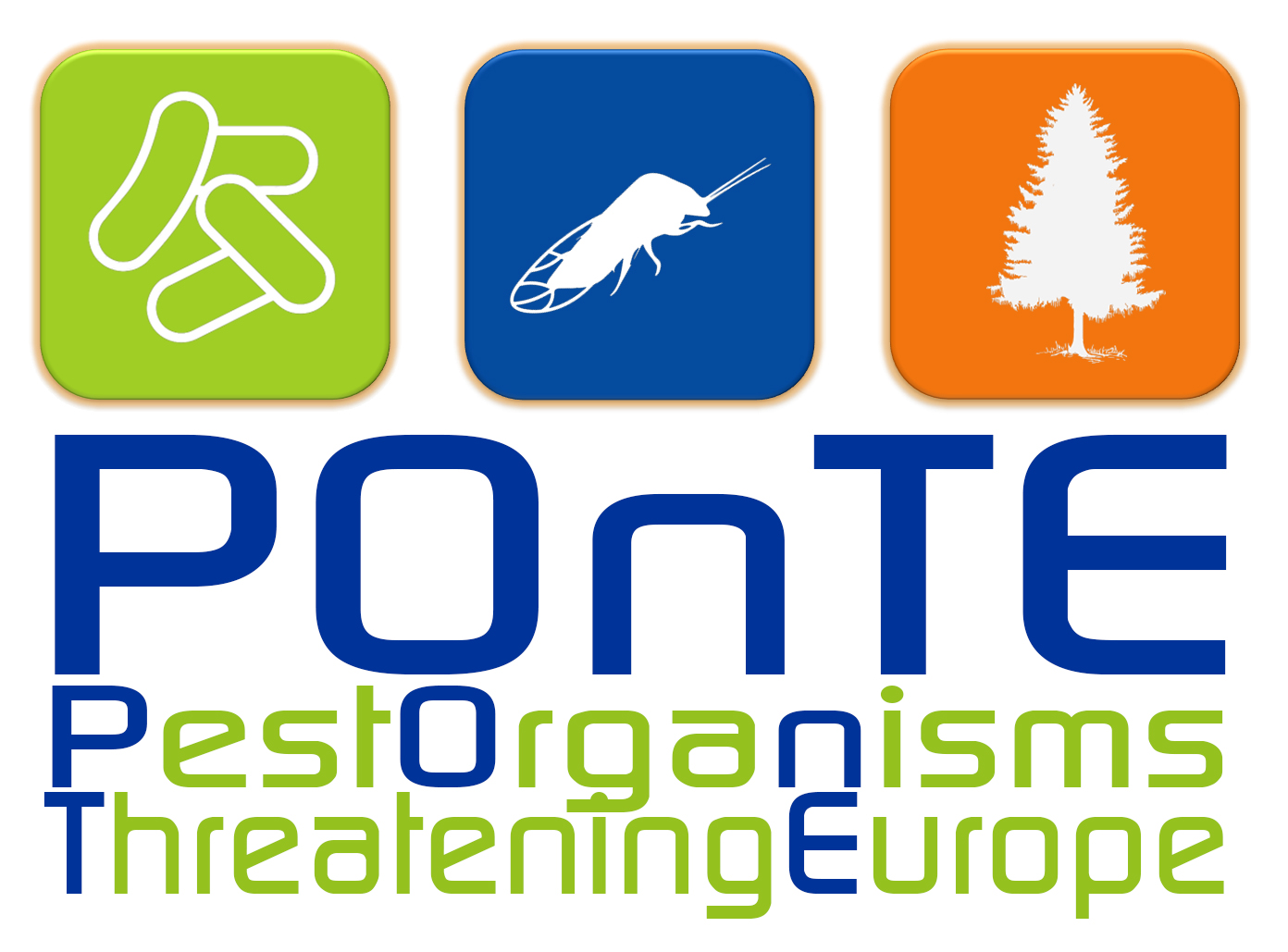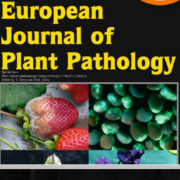Universal detection of phytoplasmas and Xylella spp. by TaqMan singleplex and multiplex real-time PCR
PloS one, 12(9), e0185427, doi.org/10.1371/journal.pone.0185427
Takao Ito, Koichi Suzaki
Division of Grape and Persimmon Research, Institute of Fruit Tree and Tea Science, National Agriculture and Food Research Organization (NARO), Higashihiroshima, Hiroshima, Japan
ABSTRACT
Phytoplasmas and Xylella spp. are bacteria that cause many economically important plant diseases worldwide. TaqMan probe-based quantitative real-time polymerase chain reaction (qPCR) assays have been utilized to universally detect phytoplasmas or Xylella fastidiosa. To develop a superior universal qPCR method, we used a dual priming oligonucleotide (DPO) with two annealing sites as a reverse primer to target the well-conserved bacterial 16S rDNA. The new qPCR assays universally detected various species of phytoplasmas and subspecies of X. fastidiosa as well as Xylella taiwanensis, and generally showed superior threshold cycle values when amplifying specific or non-specific products compared to current universal qPCR assays. The proposed qPCR assays were integrated to develop a multiplex qPCR assay that simultaneously detected phytoplasmas, Xylella spp., and an internal plant DNA positive control within 1 hour. This assay could detect a minimum of ten bacterial cells and was compatible with crude extractions used in the rapid screening of various plants. The amplicons were of sufficient lengths to be directly sequenced for preliminary identification, and the primers could be used in universal conventional PCR assays. Additionally, reverse DPO primers can be utilized to improve other probe-based qPCR assays.
Published on September 28, 2017 by PLOS ONE.









